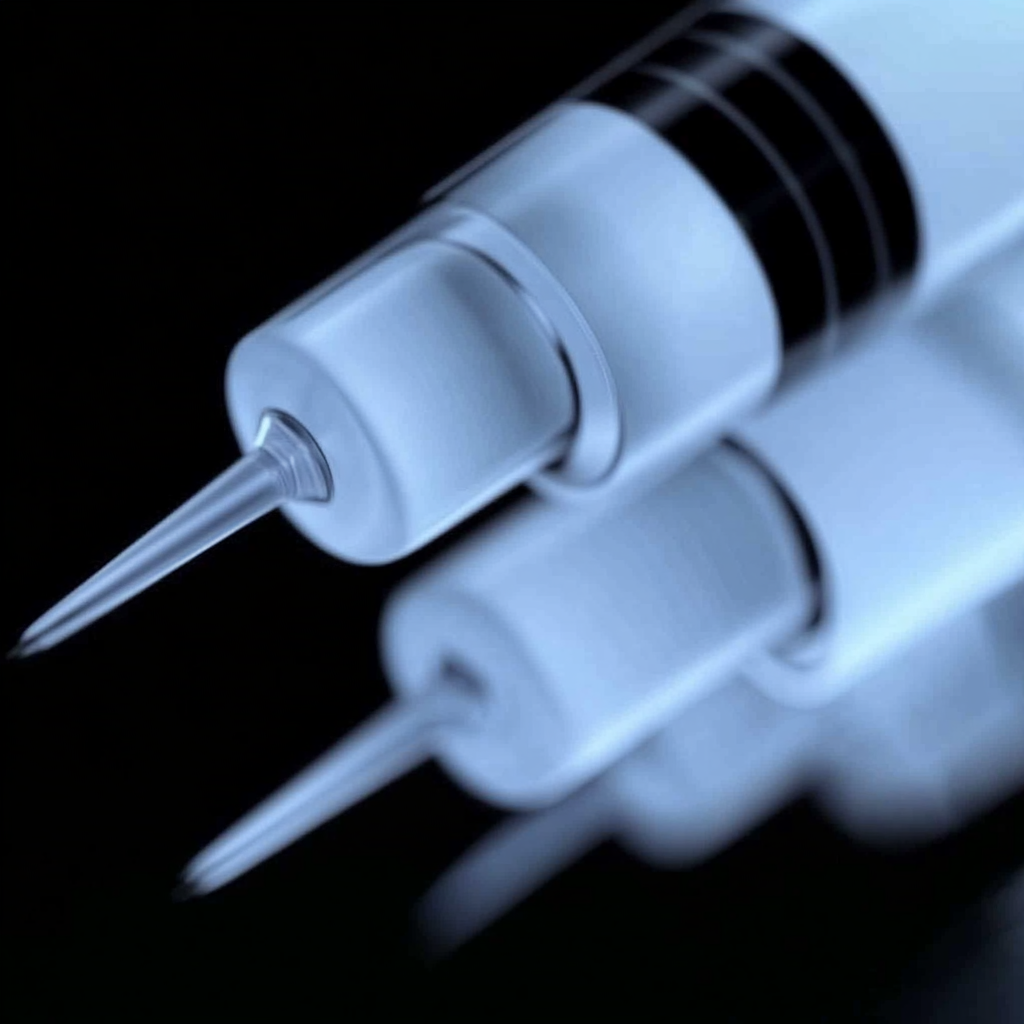Understanding the Study Results
This study looked at how a short group education program can help people with Major Depressive Disorder (MDD). Here’s what we found:
What Worked?
- Both groups, those who received psychoeducation and those who only took medication, saw a decrease in depression and anxiety after 12 weeks.
- The group that attended the psychoeducation sessions showed greater improvement in their negative thoughts and feelings of helplessness.
What Didn’t Work?
- There was no significant difference in overall functioning between the two groups, meaning both groups improved similarly in daily activities.
How Does This Help Patients and Clinics?
- Psychoeducation can be a valuable addition to medication, helping patients change negative thinking patterns.
- Clinics can offer this program alongside standard treatments to enhance patient care.
Real-World Opportunities
- Hospitals can implement brief psychoeducation sessions for patients with MDD.
- Doctors can combine these sessions with medication to provide a more comprehensive treatment plan.
Measurable Outcomes to Track
- Changes in depression and anxiety levels using standard scales.
- Improvements in cognitive distortions and automatic thoughts.
- Patient feedback on their daily functioning and overall well-being.
AI Tools to Consider
- AI chatbots can provide ongoing support and resources for patients between sessions.
- AI tools can help track patient progress and identify areas needing attention.
Step-by-Step Plan for Clinics
- Start by training staff on the psychoeducation program.
- Begin with small groups of patients to test the program.
- Collect feedback and measure outcomes to see how well it works.
- Gradually expand the program based on patient needs and results.
For more details on the research, you can read the full study here.





























